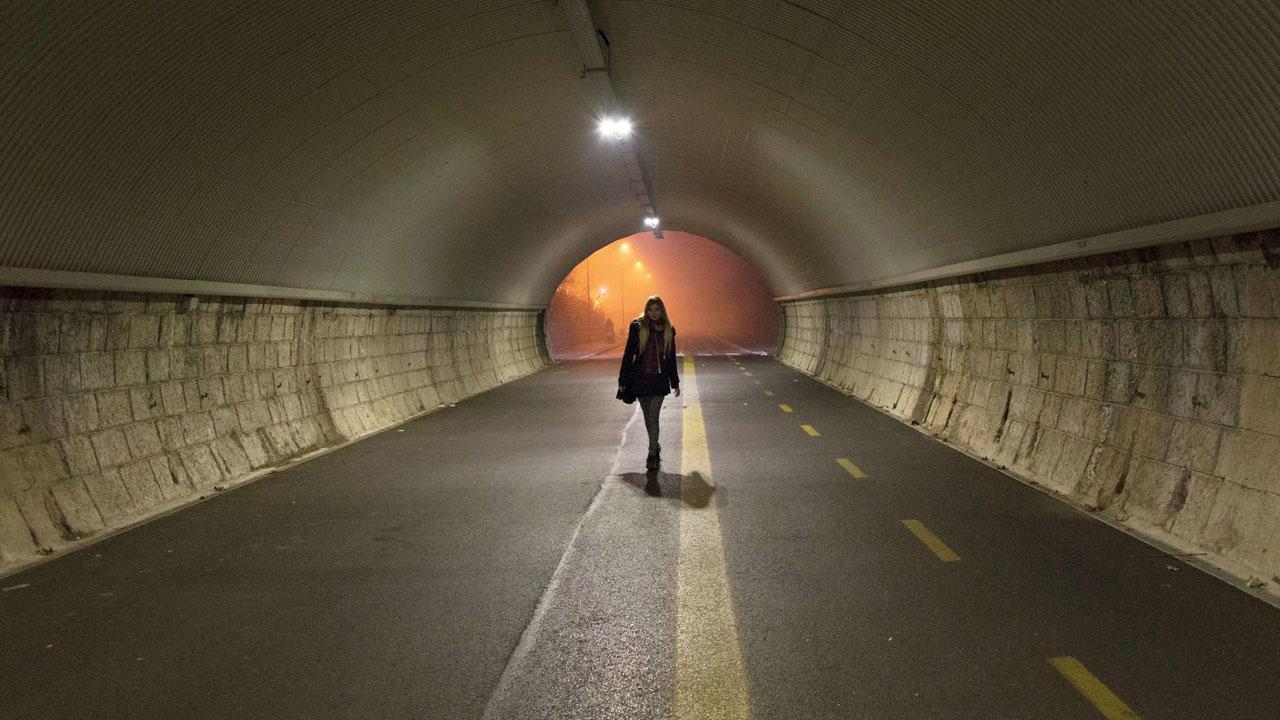Its 2021, and we continue to ignore the toxic masculinity that has always ruled our culture

It must be mentally exhausting for women to not be able to walk freely anytime anywhere like their male peers. Representation pic
A woman on Twitter had an interesting comment to make a couple of days ago, about a male friend of hers who had a habit of walking the streets of their city at night, with headphones on. ‘Why don’t you do it too?’ he asked. She didn’t record her response to his question and didn’t really have to. Her tweet went viral anyway because thousands of women around the world understood the implications of that naïve question. Her male friend simply assumed the world he lived in was the same one his friend walked around in.
ADVERTISEMENT
These revelations seem to appear every other week, from women everywhere, all of whom point out to anyone willing to listen that they don’t feel safe outside their homes. Apparently, every woman in your life and mine has experienced anxiety, fear, and panic at some point in their lives, simply by being in proximity to men. Their fears are laughed off, they are dismissed as hysterical, and the reality they desperately try to introduce the rest of us to is lost in the bargain because the truth is so inconvenient.
Like clockwork, #NotAllMen starts to trend in the aftermath of these statements, as men protest being painted with the same brush. Millions of them speak about the respect they have always shown female members of their family, and list places where women can congregate without fear. By doing so, they gaslight the women who speak out, rendering their opinions toothless, dismissing their arguments as ineffectual.
I thought about what a woman once told me, about her parents always asking her to message or call them after she would arrive at any destination. Her male sibling was only asked to do this if he left town, but she was asked to get in touch with them even if she travelled from Andheri to Dadar. She insisted that her parents weren’t being over-protective or paranoid but explained to me that a part of them would always worry about her not because she was a woman, but because she was travelling in a city and culture dominated by men. Every woman I had ever known, before and after that explanation, nodded in recognition when asked about it. They had all been born and raised, some in towns, others in the world’s biggest cities, in a climate of fear that prevented them from walking their streets nonchalantly after dark.
Laziness often prevents me from walking across cities as much as I would like to. Implicit in that feeling, however, is the knowledge that I can do it whenever and wherever I want to. I have thought nothing of turning down dark and dingy lanes, in Bombay and countries abroad, without a second thought. It took me years to acknowledge that none of the women in my life shared that sense of casual exploration. Every turn they took was an informed one, made on the basis of quick calculations involving time, space, and location. They had been trained, by others and themselves, to do this all their lives, because the world was not created equally. That revelation shook me, but I have never been able to do anything about it because the odds continue to be stacked so radically against women.
Think about what it must mean to not be able to walk freely. I struggle to wrap my head around that thought and fail. The only time I have felt unsafe and unsure of myself in a public place was in a suburb abroad, close to where local gangs shot an Indian student dead around the time I happened to be visiting that part of the world. I have never experienced any kind of fear anywhere else, and often think about how mentally exhausting it must be for every woman I know to not be able to take that sense of freedom for granted.
Do yourselves a favour and speak to the women in your family about how secure they feel. Ask them about the comments, gestures, looks, and signals they deal with, repel, and navigate constantly. If you are a man, think about privilege, what it means, and what sort of responsibilities it ought to entail. Then go out and do everything you can to try and rectify this injustice that has been allowed to exist for far too long.
It’s 2021. If women don’t feel free, it’s obvious that men are refusing to accept that their behaviour is a problem. We need to start doing better.
When he isn’t ranting about all things Mumbai, Lindsay Pereira can be almost sweet. He tweets @lindsaypereira
Send your feedback to mailbag@mid-day.com
The views expressed in this column are the individual’s and don’t represent those of the paper.
 Subscribe today by clicking the link and stay updated with the latest news!" Click here!
Subscribe today by clicking the link and stay updated with the latest news!" Click here!






